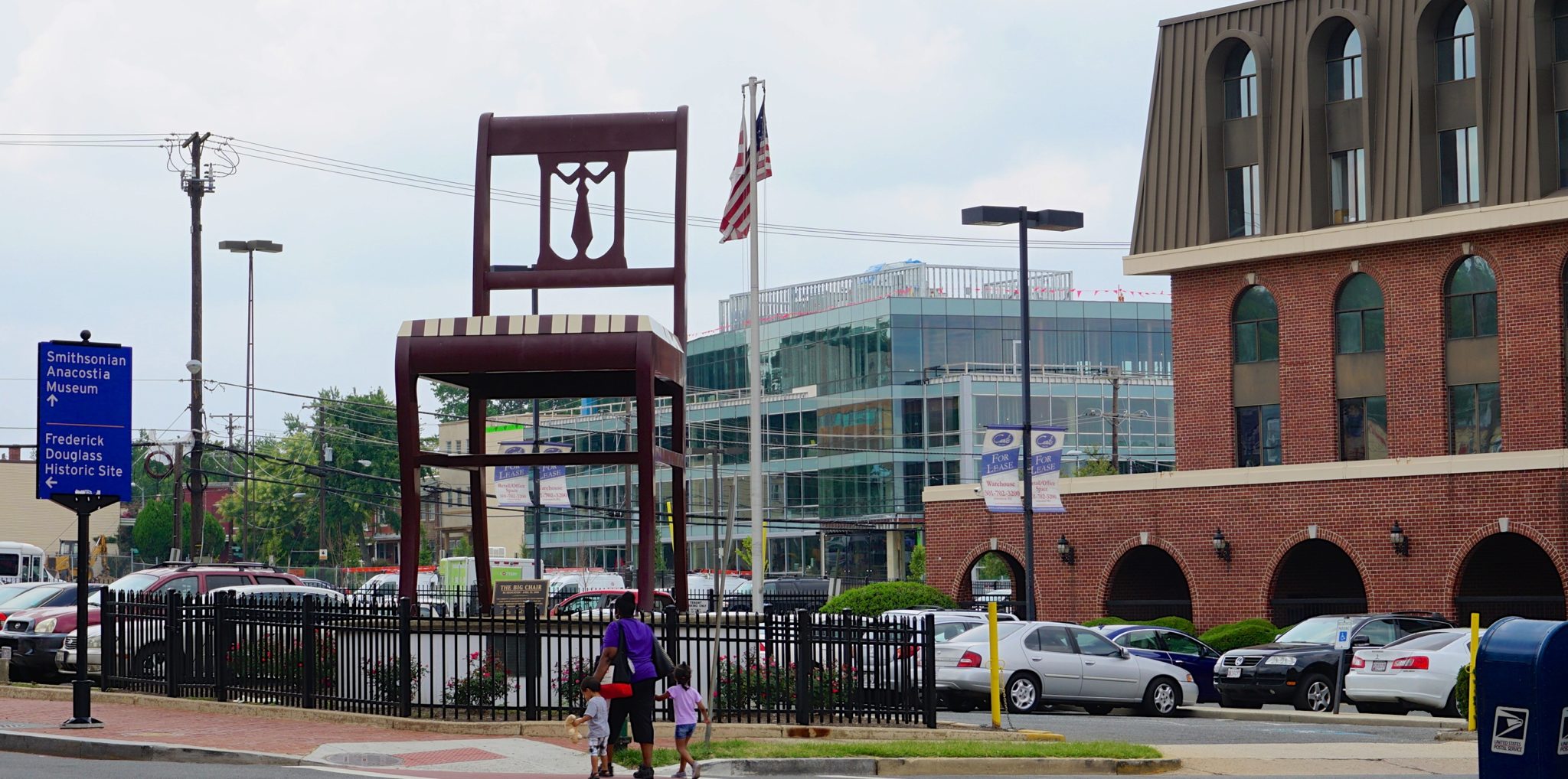On October 26, 2021, the D.C. Policy Center’s article, Pushing through complacency to fight health disparities in D.C.’s African American communities, was cited by the Washington Informer:
The residents located in those areas have limited access to nutritious food, which leads to higher reliance on junk food and fast food, experts say.
Additionally, food deserts are usually in low-income areas and communities of color, according to a Department of Agriculture study. Those neighborhoods also often report higher rates of obesity and diabetes, according to a study done by the D.C. Policy Center.
Read more: Gentrification Blamed for Food Insecurity in Wards 7, 8 | Washington Informer
